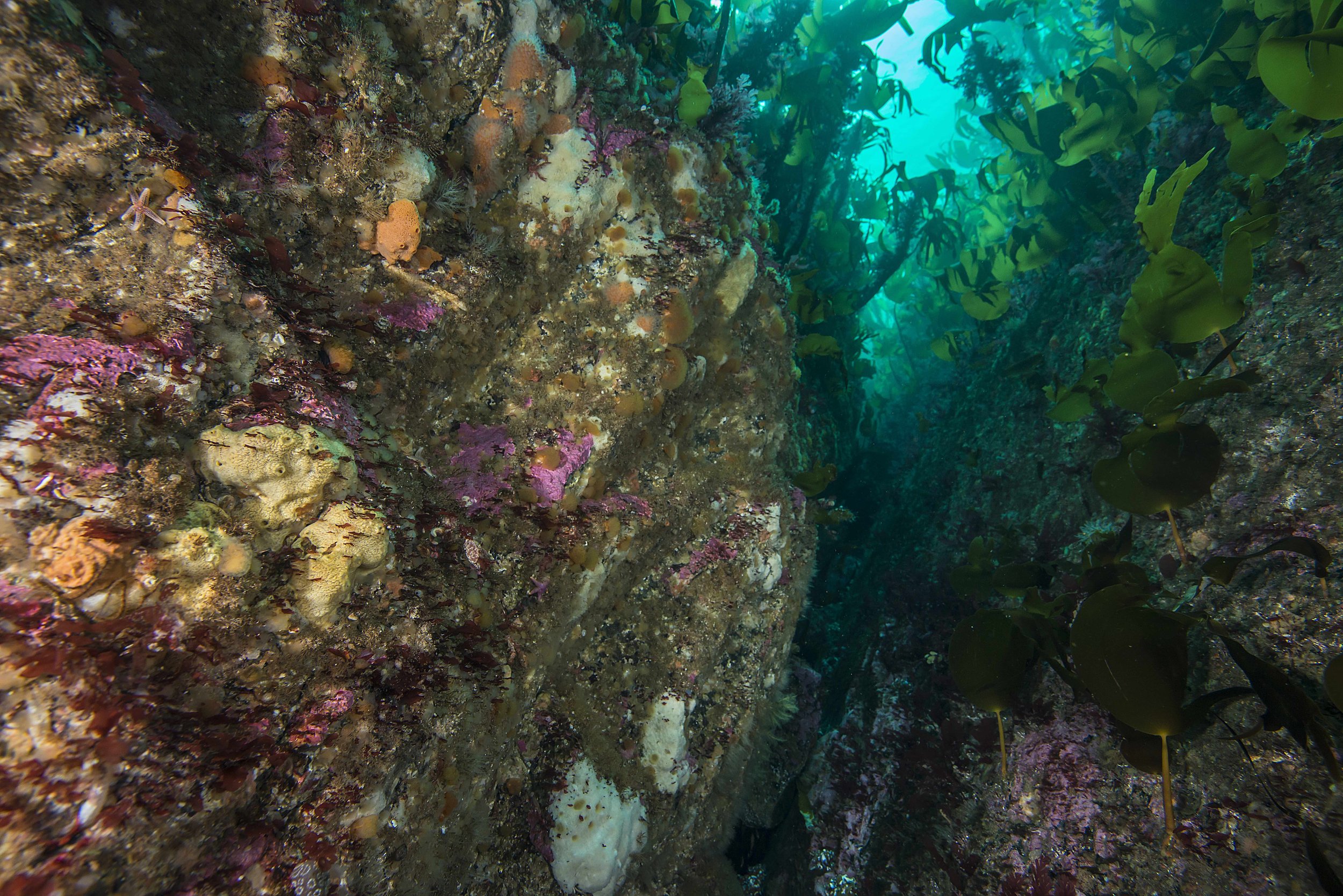About the HotBio Doctoral Network
- A holistic approach to training a new generation of scientists in marine biodiscovery
Marine natural products (MPs) might offer new and innovative solutions not only to fight diseases affecting humans but also to help combating pathogens in aquaculture and agriculture industries.
However, the next generation of marine natural product researchers faces many issues, such as the re-discovery of known MNPs, low yields of bioactive MNPs, complex biosynthesis, highly complex structures for chemical synthesis with low yields, toxicity and none-druglike properties, and regulatory issues in drug discovery and development. The HOTBIO consortium will aid in overcoming these problems by strengthening the downstream processes of preclinical development and by establishing a unique network of doctoral students that will be trained not only in their scientific fields, but also in the non-technical skills that are needed to bring the bioactive MNPs all the way from the lab bench to the society.
We will secure the progress of MNPs down the biodiscovery pipeline by including upscaled fermentations, chemical synthesis and medicinal chemistry of relevant hit compounds, assessment of bioactivities by target deconvolution and focus on ADMET (absorption, distribution, metabolism, excretion and toxicity) properties by both in vivo and in silico methods.
The main objectives of HotBio
Multidisciplinary and inter-sectoral training: Training of the next generation of marine natural product researchers in all parts of the biodiscovery pipeline, including technical training and training of transferrable skills.
Optimising the pipeline: The consortium will optimise the biodiscovery pipeline for more efficient processing of novel bioactive MNPs by using available MNPs from the consortium as case studies.
Exploring the cultivability and biosynthetic potential of under-explored microbes: The knowledge from the downstream processes will be used to guide the discovery of novel compounds by choosing proliferative species with proven high biosynthetic potential, employing effective cultivation and extraction methods, and focusing on tailored bioactivity screenings.
Scale-up: Scaling up the production of promising hit compounds by establishing optimal growth and production profiles of the selected microbes, and by chemical synthesis of the bioactive hit compounds.
Bioactivity testing and safety evaluation: We will use state of the art bioassays for evaluating the bioactivity of the MNPs, with special focus on antimicrobials against human, fish/seaweed and plant pathogens, and ADMET testing.
Elucidation of molecular targets and mode-of-action: Study the molecular targets of compounds displaying strong activity in the bioactivity screening and establishing the mode-of- action of these compounds.
Legal, innovation, and business aspects of marine biodiscovery: Introduce the students to topics that are crucial in the transfer of science from lab to society: Innovation and business; entrepreneurship, market evaluation and legal aspects, such as IPR and benefit sharing.

